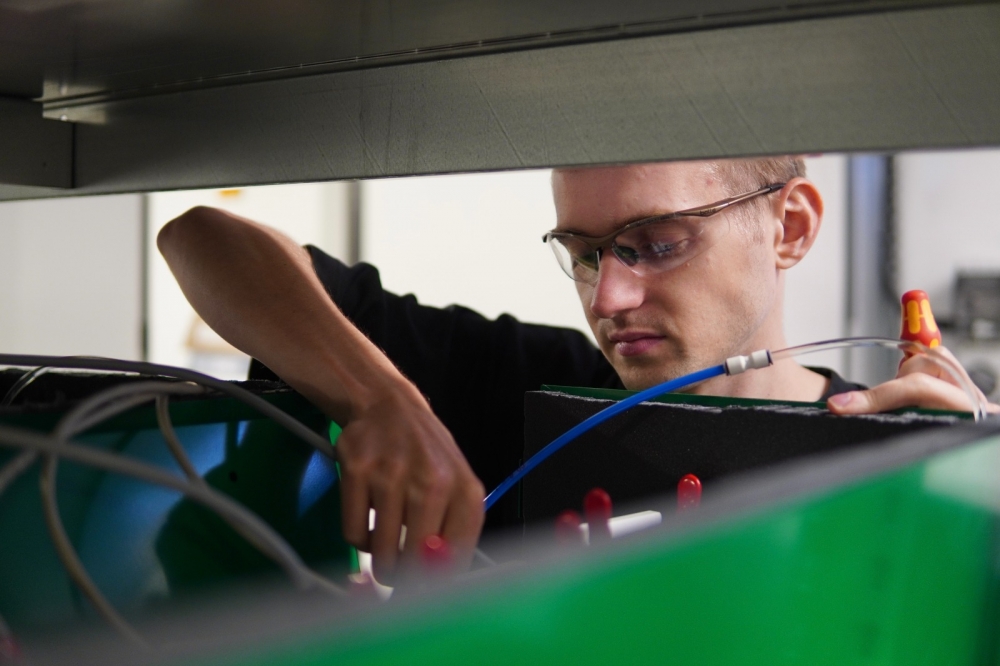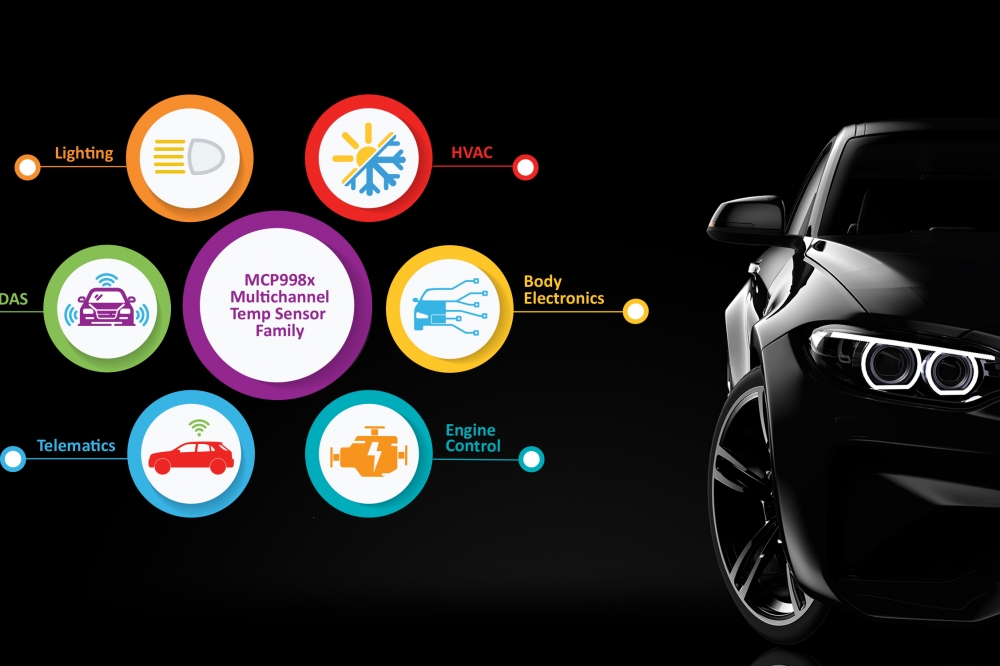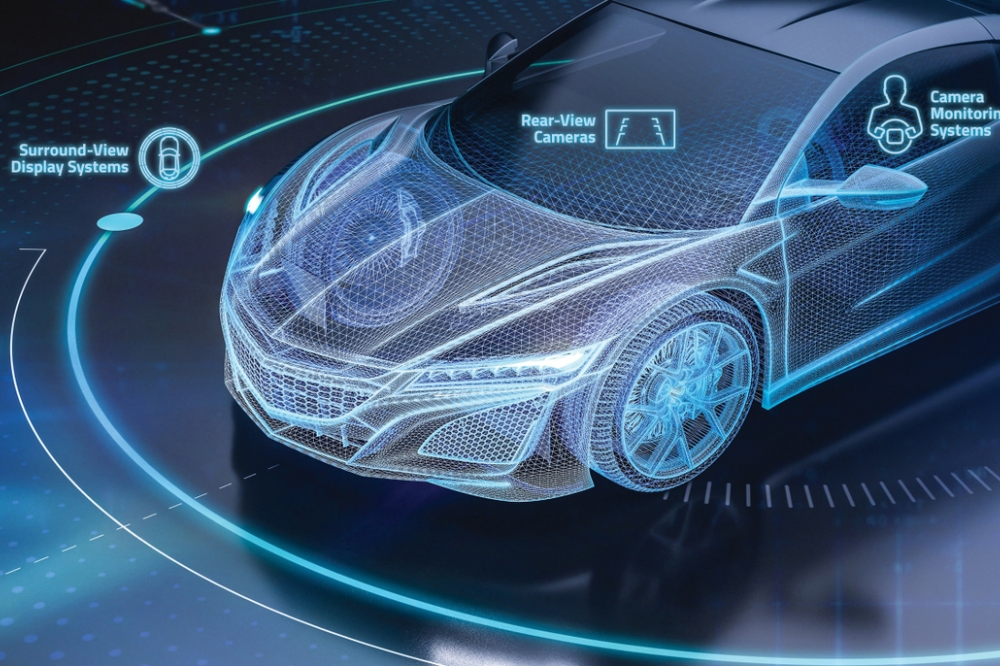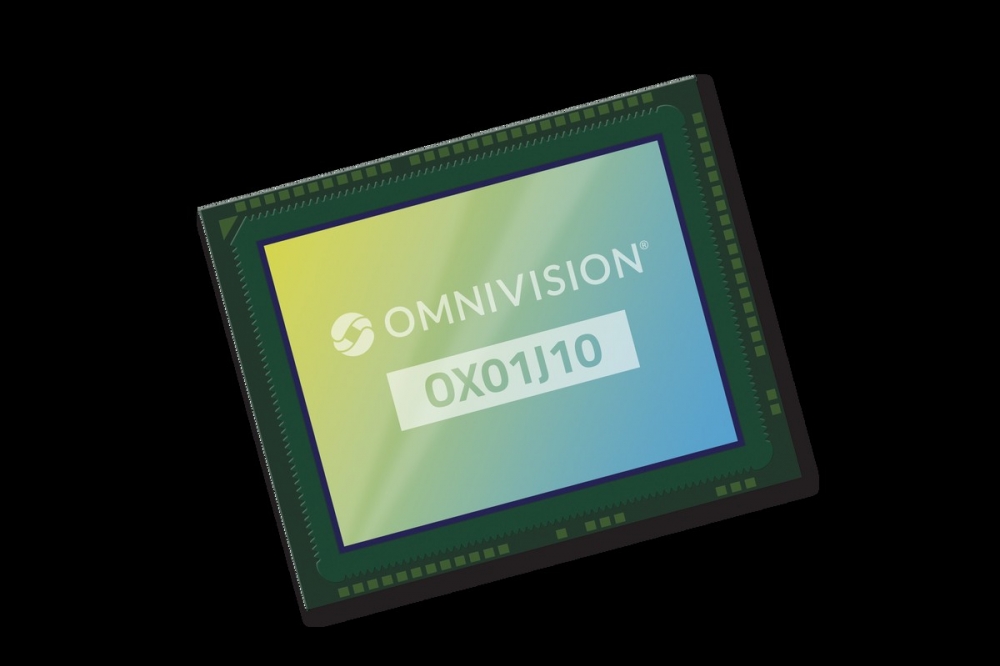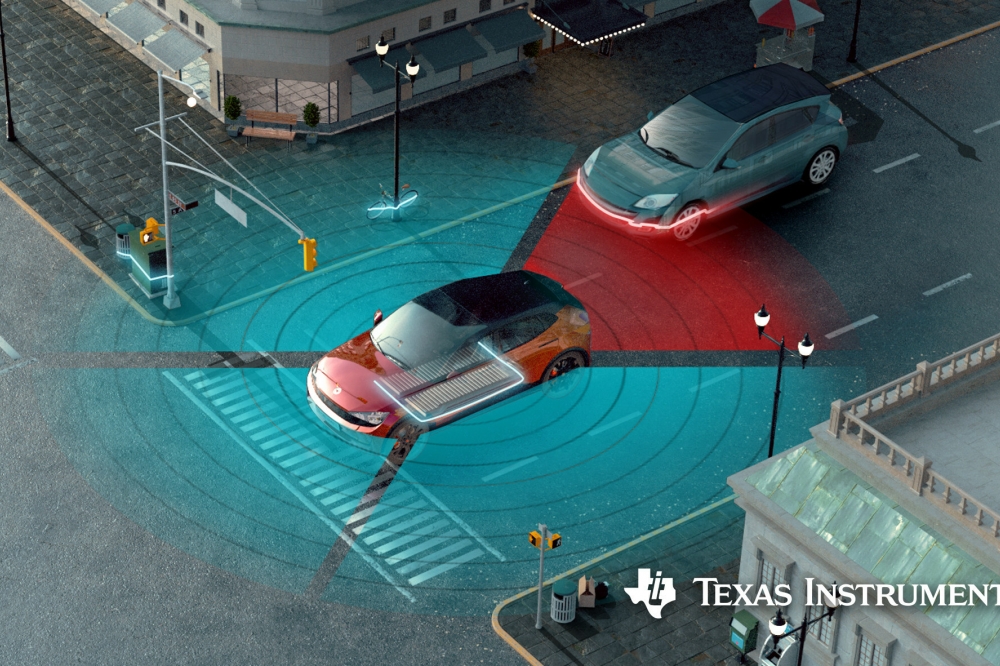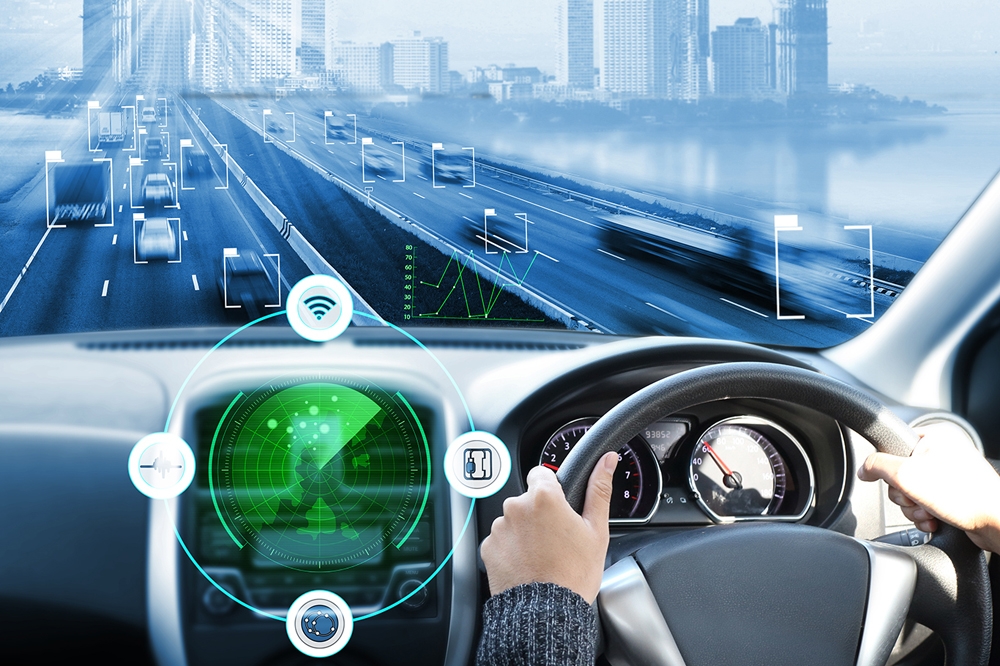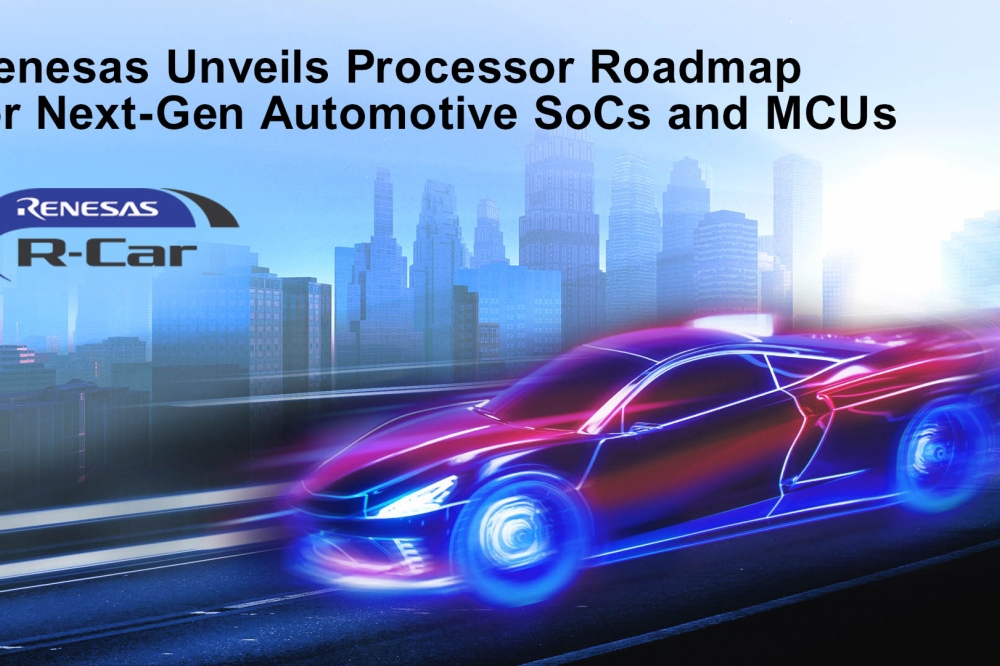AVL Advances Development of Hydrogen Internal Combustion Engine for CO2 Neutral Transportation
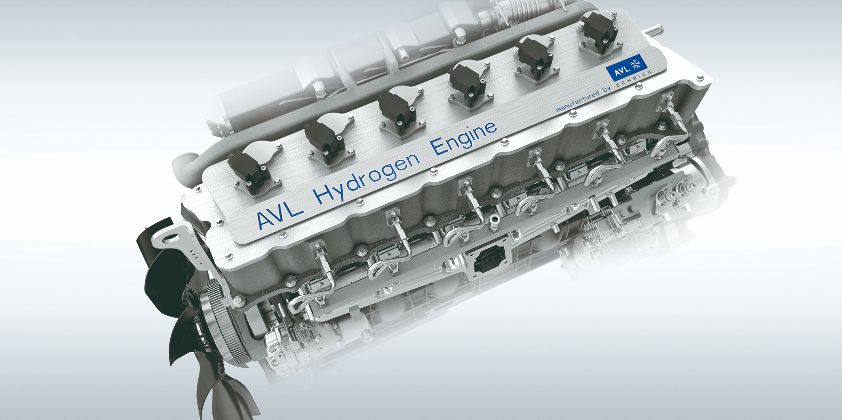
AVL has continued with the development of a hydrogen combustion engine of the latest generation.
The engine is specifically tailored for use in heavy-duty vehicles, and it aims to reduce the mass of greenhouse gas emissions from heavy-duty vehicles exceeding 3.5 tons. This will significantly reduce the CO2 emissions attributable to these types of transport vehicles in the coming decades.
Building on its profound knowledge and many years of research experience in this field, AVL is currently developing a hydrogen internal combustion engine, advancing the pan-European goal of becoming the world’s first climate-neutral continent by 2050. The development project’s target is to increase both the efficiency potential of multi-port and a direct injected hydrogen engine concept for direct propulsion of a commercial vehicle with an existing standard powertrain. AVL used a 12.8 l natural gas engine for the basis of development and set its performance target at 350kW. With its development of a hydrogen engine, AVL aims at reducing CO2 emissions and also ensuring high-reliability of the pistonbore interface.
In 2019, heavy-duty vehicles exceeding 3.5 tons were responsible for 240 million tons of CO2 emissions in the European Union. This mass of greenhouse gas emissions represents roughly one quarter of all road transportation-based CO2 emissions in the European Union. In order to become the world’s first climate-neutral continent by 2050, Europe must significantly reduce CO2 emissions from heavy-duty vehicles in the coming decades.
More transport solutions with zero CO2 emissions are required for heavy and long-distance
transport. Here, specific solutions that allow fast refueling of carbon neutral energy carriers to ensure the duty cycles of trucks and busses are essential. Although battery electric solutions show convincing performance, the easiest and most efficient way to store renewable electrical energy chemically is through the production of hydrogen by electrolysis. Next to the obvious usage of hydrogen as a fuel for fuel cell electric vehicles, hydrogen can be used as fuel for an internal combustion engine as well.
Based on the results gathered during development, AVL is well prepared to face the upcoming challenges associated with the production development of a hydrogen combustion engine. These engines will usher in a future hydrogen fueling infrastructure. In the decades to come, hydrogen combustion engines and hydrogen fuel cell electric vehicles will be using the same fueling infrastructure, which means that the hydrogen combustion engine technology is paving the way towards a carbon neutral goods transport sector.
AVL Advances Development of Hydrogen Internal Combustion Engine for CO2 Neutral Transportation
Modified on Thursday 11th February 2021
Find all articles related to:
AVL Advances Development of Hydrogen Internal Combustion Engine for CO2 Neutral Transportation


 Add to my Reading List
Add to my Reading List Remove from my Reading List
Remove from my Reading List